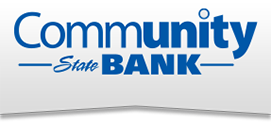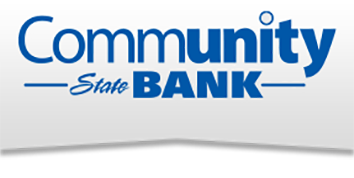Understand the various ways fraudsters try to obtain your personal information. The more you know, the more you can guard yourself against fraud. Follow these tips and guidelines for preventing fraud.
Personal Information
Phishing is a scam in which fraudsters pose as legitimate businesses to trick you into divulging your Social Security number, account numbers, passwords, or other sensitive personal data. No legitimate business will request this type of information. Don’t give out your personal information.
Card Safety
Debit cards are accepted virtually everywhere you use cash and many places where checks aren’t accepted.
- Use your PIN whenever possible for an extra layer of protection.
- Set up alerts through online banking.
- Review financial accounts and monthly statements.
- Sign your card on the signature panel.
- Report lost or stolen debit or credit cards immediately to your financial institution.
ATM Security
Be vigilant at ATMs. If something seems suspicious, contact your financial institution.
- Cover the PIN pad with your hand while entering your PIN.
- Use familiar ATMs in well-lit areas.
- Watch for shoulder-surfing — a camera positioned to obtain your card number. This may look like a small hole drilled above the keypad.
- Look for skimmers placed over the ATM card slot.
- Do not use the ATM if the card slot or keypad looks suspicious.
Online Shopping
When shopping online, be aware of ways to avoid undue risk and keep your personal information free from fraud.
- Shop with trusted merchants. Look for the green padlock icon and HTTPS:// to ensure you’re on a secure website.
- Never give private information, such as your Social Security number, passwords, or birthdate to anyone online.
- Create strong passwords with more than eight characters, an uppercase letter, and at least one number or special character.
- Use and update firewall software to protect your computer’s information.
- Avoid free or special product offers — these are usually too good to be true.
If you suspect identity theft or fraud, call Community State Bank immediately.



